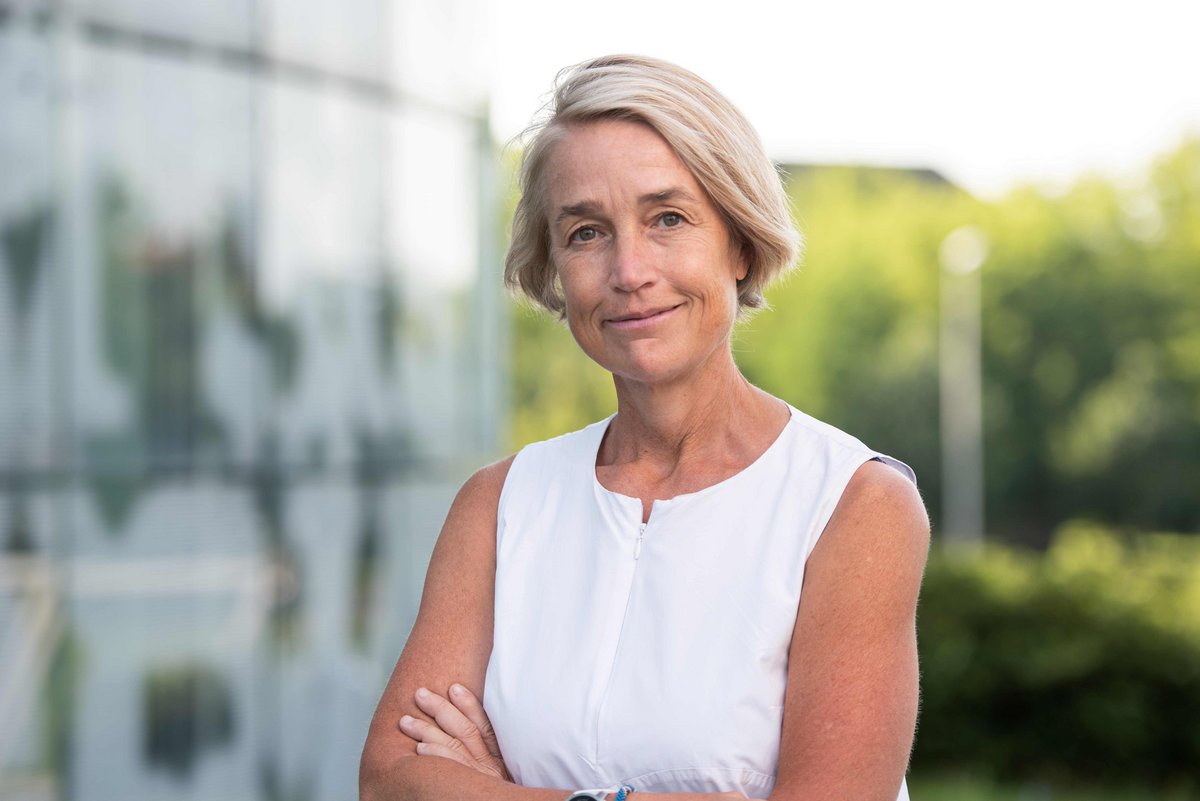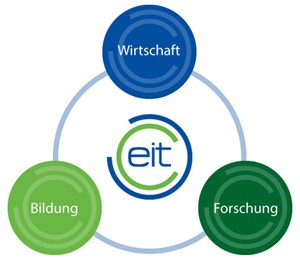Creativity as the key to European partnerships
In an interview, economist Prof. Christiane Hipp describes what the new funding framework is all about and what opportunities she sees for the state of Brandenburg and the Lausitz region.
Prof. Hipp, setting up a network of this kind sounds like a challenge with many opportunities. What do they look like?
Culture can make a significant contribution to making social change processes visible and tangible. It offers identification, points of friction for constructive discussions. It can help to rethink visions of the future and ensures quality of life, which is also important for the influx of workers and their families. The tourism aspect is also important. Access to places and regions is made possible through cultural offerings for a diverse audience. However, the cultural and creative industries are an industry with special structures.
It is often smaller companies or project communities that would hardly dare to take on large or international projects without support. I am thinking, for example, of organizations that organize regional festivals or smaller cultural events, or individual artists. There is so much happening in Lusatia that deserves to be funded. But it is also the case that with this program it will be necessary to look beyond the "end of one's nose". And in my view, the European Institute of Innovation and Technology (EIT) program provides a very good framework for this.
EIT Culture & Creativity aims to network actors from 20 European countries. How would you describe this in organizational terms? What benefits can you expect?
Working with partner companies outside of Germany is a basic requirement for participating in this program and benefiting from it. Seeing how others deal with similar issues and problems can offer not inconsiderable advantages. It seems to me that the most important thing at first is to bring interested parties together and create a platform for an uncomplicated exchange. That's partly where I see my role.
As a professor of Organization and Business Management, what particularly appeals to you about this task?
It's obvious: companies and their various organizations and structures are incredibly diverse. Corresponding studies are part of my research focus. In the context of the project, the focus is now on an industry that is often seen too little or not at all. Moreover, there is a lot of potential in the enormous diversity. But I also see the need for support, because the transformation processes that are currently happening in Europe, Germany and Brandenburg are often associated only with manufacturing, technology-intensive companies. Creativity in every sense of the word, creative artists, startups and projects in the making, but also tourism, gastronomy, sports - these are all topics that are important. Here we have the opportunity to network anew, to internationalize, and above all: to move something.
The kickoff event for EIT Culture & Creativity took place in Cottbus on June 23. How is the initiative being received? Can you already say something about initial reactions and topics?
With our kickoff, we primarily wanted to inform. The goal was to get supporters and contributors excited about the network. In the first two years, the network should take on clear forms and demonstrate concrete economic benefits for cultural and creative enterprises. Initial reactions and questions from the invited companies and institutions were varied. We have found a lot of resonance with organizations and people who already have their own (small) international network. But also cultural workers felt addressed, who would like to implement concrete project ideas.
There were critical comments on the application process, which - despite all the announced simplifications - was perceived as very complex in some cases. Since the entire project is still in the start-up phase, there is currently a lack of projects that have already been started or completed for the exchange of experience. There is a need for role models that applicants can use as a guide. Here we must and want to go more strongly into the communication and look for the direct exchange with curious and courageous network partners*innen, in order to arrange the starting phase of the project successfully.
The start-up period for the project is two years, and it is planned to run for a total of seven + seven years. What are the next steps?
We are planning a follow-up workshop in the fall, probably in October or November 2023, with interested stakeholders who already want to launch concrete projects. We are also interested in agreeing on a roadmap with the umbrella organization of the EIT Culture & Creativity by the first quarter of 2024, in which we will agree on concrete goals and strategies, as well as implementation projects for Lusatia. We are also currently holding a series of talks with interested cultural professionals who are approaching us with very specific questions about the project.
In addition, we are in close contact with the Ministry of Science, Research and Culture in order to network even more closely at all levels. One goal is to establish a cultural and creative hub in Lusatia in order to provide much better support for our regional players and to further promote international networking and exchange.
How do you envision the planned culture and creative hub in concrete terms? What tasks will it perform?
The hub should be established in Lusatia, ideally together with our responsible ministry and in close cooperation with creative artists, the commissioner for cultural development in Lusatia, the economic region of Lusatia and other Lusatian organizations and institutions, and of course also interested actors from the universities. In this context, a joint orientation on the already existing Lusatian Cultural Plan would also be important. The hub should draw attention to calls for proposals and provide support in submitting applications and handling projects. In addition, it should bring together international partners and enable broad participation in the strategic development of the overall project.
Thank you very much for the interview!
Contact
ABWL; insbesondere Organisation und Unternehmensführung
T +49 (0) 355/69-3618
christiane.hipp(at)b-tu.de


